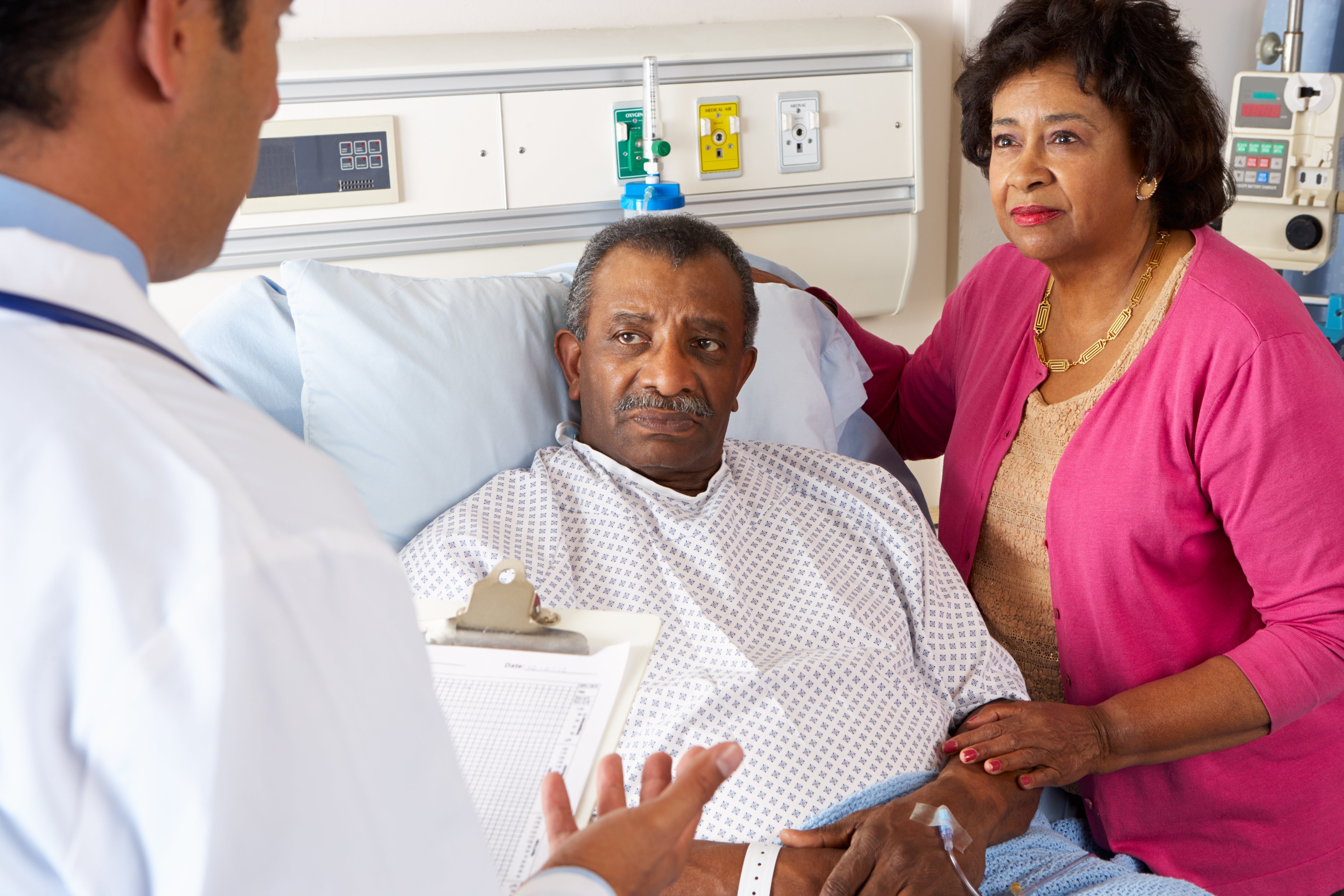
Patient Safety Practices to Prevent Nonventilator Hospital-Acquired Pneumonia
ECRI analysis by Evidence-Based Practice Center covers oral care, dysphagia management, prevention bundles
Nonventilator hospital-acquired pneumonia (NV-HAP) is among the most prevalent healthcare-associated infections and is linked to significant morbidity and increased healthcare costs. ECRI’s Evidence-Based Practice Center has published a rapid review for the Agency for Healthcare Research and Quality (AHRQ) Making Healthcare Safer IV initiative that examines studies on NV-HAP interventions. Findings were also published in the Journal of Patient Safety and Risk Management.
NV-HAP accounts for approximately 60% of hospital-acquired pneumonia cases and has been recognized by ECRI as a Top 10 Patient Safety Concern. However, the condition lacks a standardized definition and is not widely reported in national surveillance systems.
“NV-HAP remains a serious and often overlooked threat,” said Jung Min Han, PharmD, MS, Associate Director, Clinical Evidence and Guidelines and one of the lead review authors. “Our report helps guide safety leaders, infection prevention teams, and frontline caregivers in taking practical, actionable steps in the fight against it, while also pointing out gaps in the evidence base that need to be addressed.”
While the overall evidence remains limited, ECRI’s rapid review focuses on patient safety practices that healthcare organizations can implement to reduce risk and improve outcomes. NV-HAP is included in the Patient Safety Component of the Centers for Disease Control and Prevention (CDC) National Healthcare Safety Network and is one of the outcomes included in the CMS quality measure for surgical inpatients with serious treatable conditions and hospital-specific report.
Key Findings
- Prevention bundles (sets of practices designed to reduce the risk of preventable harm) have shown some promise in reducing the risk of NV-HAP, but tailoring them to each facility’s specific needs and capabilities is essential.
- Facilitators for patient safety practices include staff education, institutional and IT support, consistent material and process monitoring, access to analytics, multidisciplinary teams, standardization of care, and simple interventions.
- Barriers to implementation include lack of time, unclear protocols, limited supplies, staff discomfort with providing oral care, and competing priorities.
NV-HAP Prevention: One Size Doesn’t Fit All
Some of the strategies that are often included in NV-HAP prevention bundles include brushing teeth, encouraging patients to get up from their beds or chairs and move around, and incentive spirometry to help improve lung functioning.
All of the studies included in ECRI’s rapid review conducted a literature review and considered each hospital or health system’s individual characteristics and resources when developing their prevention bundles. Although all included oral care, there was considerable variation in the other interventions included and how they were implemented at each study location.
The review includes a table (C-7) that provides details on the rationale for each bundle, individual interventions, and implementation timelines. Hospitals and health systems may reference it as a resource for identifying patient safety practices that can be adapted to align with their institutional capabilities and optimize NV-HAP prevention outcomes.
Implementation Resources
“Oral care protocols, mobility programs, and aspiration risk management can be adopted to reduce the risk of pneumonia in both ventilated and non-ventilated patients,” said Jim Davis, MSN, RN, CIC, HEM, CCRN-K, FAPIC, Manager, Infection Prevention & Control Services at ECRI. “Simple preventative actions can make the difference between recovery and complication for patients; that’s the power of prevention.”
ECRI’s review identifies resources for oral care available to healthcare organizations:
- The CDC's Oral Health in Healthcare Settings to Prevent Pneumonia Toolkit is a ready-to-use resource on how to promote and provide oral care to hospitalized patients.
- The Hospital-Acquired Pneumonia Prevention by Engaging Nurses (HAPPEN) Implementation Guide from the U.S. Department of Veterans Affairs
The full rapid review is available via AHRQ’s Effective Health Care Program at: https://effectivehealthcare.ahrq.gov/products/nv-hap/rapid-research.
For more information:
Contact Yvonne Rhodes, ECRI’s Director of Strategic Communications & Operations, at YRhodes@ECRI.org.
About ECRI
ECRI is an independent, nonprofit organization improving the safety, quality, and cost-effectiveness of care across all healthcare settings. With a focus on technology evaluation and safety, ECRI is respected and trusted by healthcare leaders and agencies worldwide. For more than fifty-five years, ECRI has built its reputation on integrity and disciplined rigor, with an unwavering commitment to independence and strict conflict-of-interest rules. ECRI is the only organization worldwide to conduct independent medical device evaluations, with labs located in North America and Asia Pacific. ECRI is designated an Evidence-based Practice Center by the U.S. Agency for Healthcare Research and Quality and a federally certified Patient Safety Organization by the U.S. Department of Health and Human Services. ECRI acquired The Institute for Safe Medication Practices (ISMP) in 2020 to address one of the most prolific causes of preventable harm in healthcare, medication errors; then acquired The Just Culture Company in 2024 to transform healthcare workplace cultures – thus creating one of the largest healthcare quality and safety entities in the world. Visit www.ecri.org to learn more.
